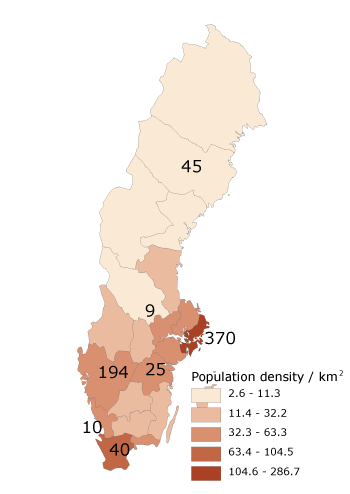Unbelievably stupid article.
They totally failed to account for rural/urban distribution, centralization of population, and population density. They are all major factors in how difficult the development of bandwidth trunks. It's not cheap.
So I did some research refute/prove this article. Instead of making it simple with no correlating factors (instead of merely connecion speed), I charted it with population density and urbanization.
My sources used are:
- Speedtest.org - they publicized their top 14 countries + the US
- CIA.gov World Factbook on Urbanization
- Wikipedia.com for population density (in p/km)
You can find my research at:
http://spreadsheets.google.com/pub?key=tQ2Bc2EAghfYLfmYPbjn0pQ&output=html
Essentially, it's important to take urbanization and population density into account. Many countries listed as being very high in speed have high urbaniztion (>70%) and high population density (>50 people per square KM) also correlate to strong broadband connection speeds.
Those are important things to take into the discussion if the US is not making good progress for speeds. Our population density is quite low (3rd lowest), and I'd beg to argue that our urbanization is localized into smaller cities, as opposed to larger ones (hence the low density). Because of such, it's more costly to upgrade the infrastructure for a country with a large, but spread out population in many, many cities, as opposed to a smaller country with a greater density like a Korea or European country.
That's not to say the US is perfect. Russia seems to be doing very well on that list of density, urbanization, and speeds, and bravo to them.
Also, it should be noted that the speedmaters.org is affiliated with a number of progressive, left-leaning websites. Not really a website I think I'd trust to put forth non-biased information, really.
I think that's why they left out any sort of possible differentiating material like density and urbanization, lest they realize that there are economic problems in the way of broadband. What's interesting is that their by-state report correlates with my theory: Higher density/urbanization = better connection speeds. Rural states such as Idaho scrored with 2.3MB/s, while New Jersey was 8.7MB/s. One should also note that their sample size really isn't that great. There were under 500,000 tests ran in the US. Not very definitive given that speedtest.net (another broadband test website with no affiliation whatsoever) has ~20,000,000 tests per MONTH.
Of course, in America, we have broadband solutions for a number of people, in expanding ways. It's called 3G. You can get 3G coverage in a large majority of America. It's what I've been using for the past year in an area that a physical broadband connection isn't possible.
In the end, America is behind. But the reasons for that should be a bit more clear than they argue. I'll be biased on this, but I don't think government investment is really the answer - if the government invests in the internet, will they pull an Australia and define what can, and cannot, be looked up?
Back from the dead, I'm afraid.





















































